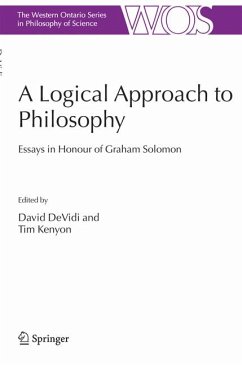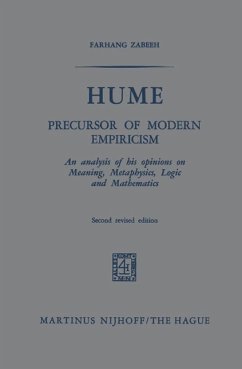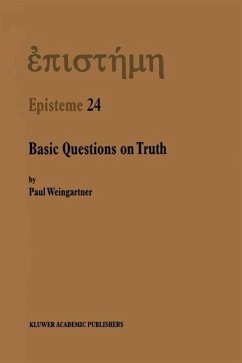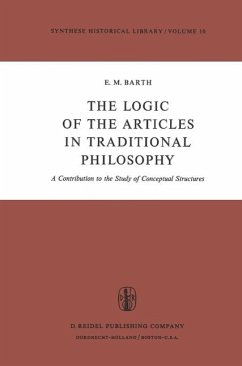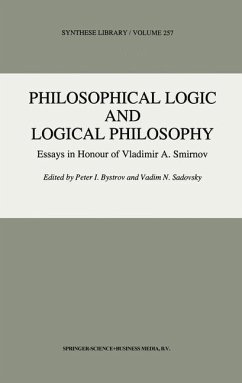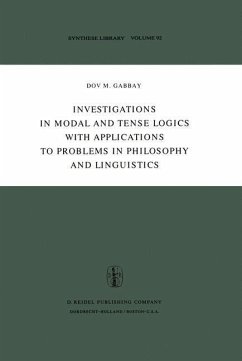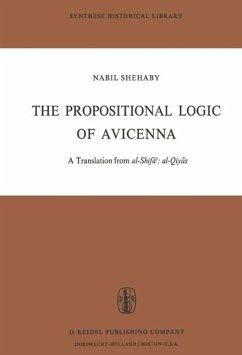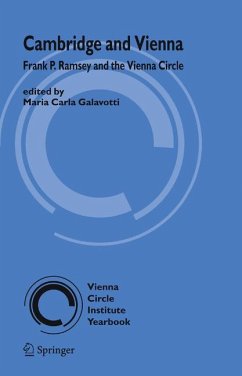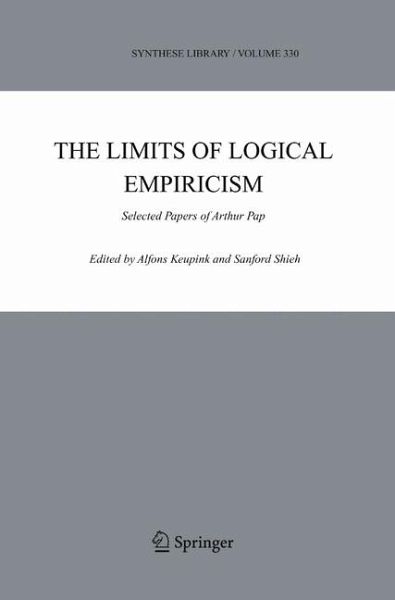
The Limits of Logical Empiricism (eBook, PDF)
Selected Papers of Arthur Pap
Redaktion: Keupink, Alfons; Shieh, Sanford
Versandkostenfrei!
Sofort per Download lieferbar
160,95 €
inkl. MwSt.
Weitere Ausgaben:

PAYBACK Punkte
80 °P sammeln!
Arthur Pap's work played an important role in the development of the analytic tradition. This role goes beyond the merely historical fact that Pap's views of dispositional and modal concepts were influential. As a sympathetic critic of logical empiricism, Pap, like Quine, saw a deep tension in logical empiricism at its very best in the work of Carnap. But Pap's critique of Carnap is quite different from Quine's, and represents the discovery of limits beyond which empiricism cannot go, where there lies nothing other than intuitive knowledge of logic itself. Pap's arguments for this intuitive kn...
Arthur Pap's work played an important role in the development of the analytic tradition. This role goes beyond the merely historical fact that Pap's views of dispositional and modal concepts were influential. As a sympathetic critic of logical empiricism, Pap, like Quine, saw a deep tension in logical empiricism at its very best in the work of Carnap. But Pap's critique of Carnap is quite different from Quine's, and represents the discovery of limits beyond which empiricism cannot go, where there lies nothing other than intuitive knowledge of logic itself. Pap's arguments for this intuitive knowledge anticipate Etchemendy's recent critique of the model-theoretic account of logical consequence. Pap's work also anticipates prominent developments in the contemporary neo-Fregean philosophy of mathematics championed by Wright and Hale. Finally, Pap's major philosophical preoccupation, the concepts of necessity and possibility, provides distinctive solutions and perspectives on issues of contemporary concern in the metaphysics of modality. In particular, Pap's account of modality allows us to see the significance of Kripke's well-known arguments on necessity and apriority in a new light.
Dieser Download kann aus rechtlichen Gründen nur mit Rechnungsadresse in A, B, BG, CY, CZ, D, DK, EW, E, FIN, F, GR, HR, H, IRL, I, LT, L, LR, M, NL, PL, P, R, S, SLO, SK ausgeliefert werden.




